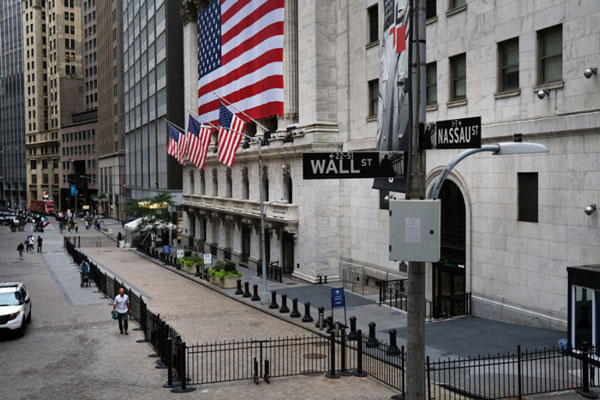When private investors acquire a publicly listed stock at a lower price than what the general public may buy it for, this transaction is a private investment in public shares deal or PIPE Deal. Deals may be struck so that mutual funds and other large institutional investors can purchase many shares of stock at a price that is more beneficial to the investors. The value of the existing pool of shares will decrease due to their addiction, which may not sit well with existing shareholders. PIPE transactions are commonly offered by businesses to amass significant amounts of capital quickly.
Learning PIPE Deals
In a typical PIPE deal, a company will sell openly traded common or preferred shares to an approved investor for less than the market price. In an organized PIPE deal, the business issuing the debt gives out convertible debt, which can usually be turned into the company's stock at the buyer's request.
Most of the time, a company that sells stock does so because they need money quickly or couldn't get it any other way. The company that buys the shares, usually a mutual fund or hedge fund, can get them for less money. Since these shares aren't very liquid, the company buying them wants to know if someone will buy them for less.
What Are The Advantages And Disadvantages Of PIPE Investments?

What makes private investment in public equity a good idea is also hard? In the short term, this will make it easier for the business to get access to capital. And investors who buy shares at a discount might be able to sell them later for a big profit. But there is a bad side to this kind of investment deal. The value of the company's existing shares can go down because of PIPE investments.
If investors who bought shares at a discount sell them quickly, the stock price on the market can go down. Another con is who can get the most out of PIPE investments. Again, only institutional investors and investors who have met specific requirements can buy them. If you don't meet the SEC's definition of an accredited investor based on your annual income or net worth, you may not be able to make this type of investment.
A Brief History of PIPE Deals

The number of PIPE deals has gone up and down over time. In 2017, $45.3 billion was raised through 1,461 deals. In 2016, $1,200 deals brought in $51.6 billion. But that is less than what was spent on 980 deals in the first nine months of 2008, which was $88.3 billion. Most PIPE deals occur in markets or fields where it's hard to get money. PIPE deals were popular during the 2008 banking crisis when it was hard to get money.
Shareholders don't like PIPE deals as much because they involve giving out new stock, which makes the value of the old stock go down. In some cases, investors or companies that knew about the trade ahead of time bought shares of the company that would give them out. Some government officials have asked for stricter rules to stop insider trading. They also say that small offering firms don't have many options besides making bad deals with hedge funds to get the money they need.
Pipe Deals and Bailouts from the Government
PIPE deals can be like deals that happen when the government saves a struggling company or industry. In these deals, the government buys a piece of the company's equity in warrants, stock, or convertible debt in exchange for cash that the company needs to stay in business, reorganize, or avoid going bankrupt. In a PIPE deal, too, troubled companies that have run out of ways to raise money quickly on the market often sell a portion of their stock to an institutional investor at a discount. This can give the buyer a lot of control over the company or even a stake that lets them run it.
In 2009, the government took over Chrysler and GM to save the auto industry. This is a deal like the one above. Most of the time, these types of bailouts are more extreme than the average PIPE deal because the companies that need them are in a worse situation and may have already tried to negotiate a PIPE deal with a private institution and failed. Smaller companies that aren't important enough to the system for the government to step in are also more likely to use private PIPE deals as the last resort.



